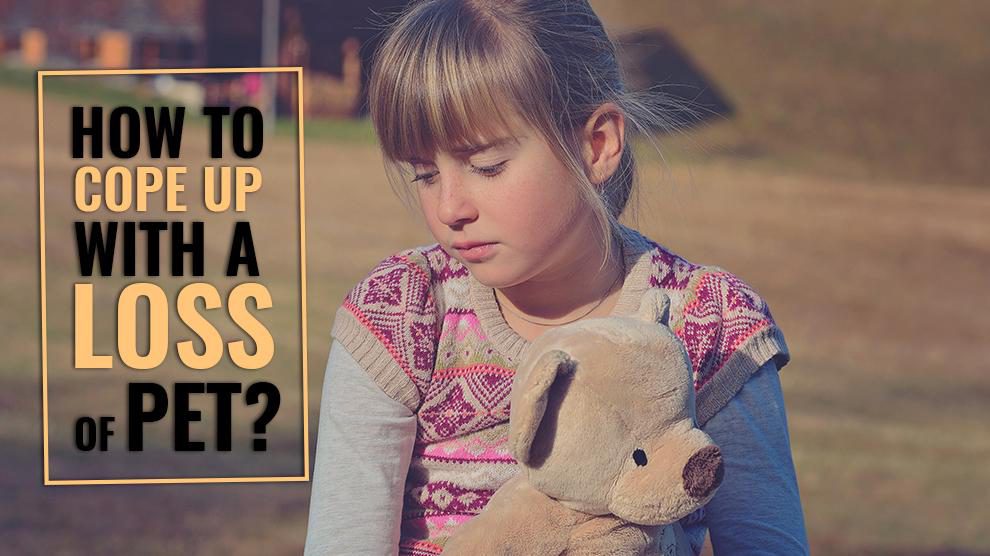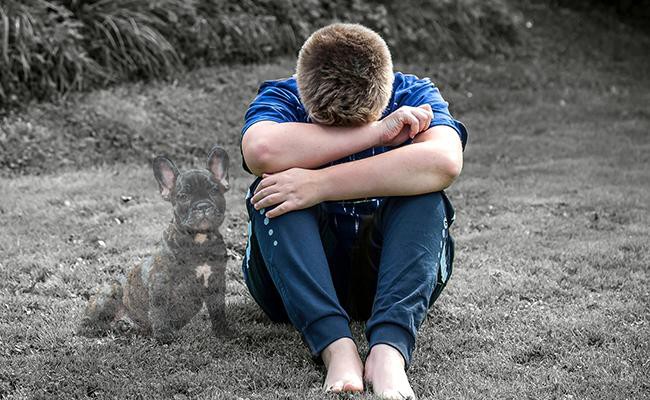Dog Pregnancy Calculator And Timeline
History is replete with stories of the human obsession with animals (and their potential for anarchy/ awesomeness) since long before we had pets and pet memes.
Not all the historical animal stories are poignant and heart-warming, but they’re all definitely worthy of their own biopics.
You may have heard of Alexander and Bucephalus, his horse and constant companion. Much missed after his death at the Battle of Hydaspes River, Alexander founded a new city in what is now Pakistan and named it Bucephala.
It is also interesting that Alexander built another city after his favorite canine gladiator Peritas.
And what greater symbol of doggie faithfulness can there be than Greyfriars Bobby, a wee Skye Terrier who spent 14 years loyally attending his master John Gray’s burial place in Edinburgh.
A simple Google search for “pet loss” yields millions of results, the testimony of the fact that many people mourn the loss of their pet.
The subject even oozes into pop culture. Movies and books have long explored the happenings when our much-loved dogs predecease us, from classics like “Lassie” and “Old Yeller” to newer tales like “The rainbow bridge”, “A Dog’s Purpose”, “Marley and Me” etc.
However, people still report feeling uncomfortable for grieving a pet animal, especially when others make thoughtless and inconsiderate comments.
The loss of a pet can be more traumatic than the grief they feel after the death of their family or friends depending on the relationship they had with their pets.
To some extent, this is because pets share some of our most cherished relationships—they heartfully depend on us, we see them every day, we adapt our lives around their needs, however, publically grieving their loss still is not acceptable in a social context.
Mourning For Our Pets
Let’s make one thing clear: There’s nothing to be reluctant or remorseful about the mourning for our pets.
Pets can be just as important as human family members and losing them can be overwhelming.
The pain and angst associated with losing a pet is a type of disenfranchised grief- a grief that is too often borne in silence, rarely spoken about and one that is not acknowledged mostly.
The complexity of the relationship with the pet is hardly ever evident from the outside; full of little lovable moments that accumulate slowly and steadily– as they do between friends – into something prosperous and momentous.
And this is reflected in several ways people deal with and grieve the loss of their pets.
Get Ready For The Hardest Decision Of All
When you welcome a fuzzy little bundle of joy into your life, you take on the responsibility for that animal’s welfare, health, and happiness.
And an essential part of that job includes facing the likelihood that one day you may have to euthanize your pet on your pet’s behalf.
Most pet owners hope that their dearly loved pet will kick the bucket peacefully of old age in his sleep, but all too often this is not the way it goes.
The decision falls on you to ease your pet’s suffering by having him put to sleep. This may be the kindest thing to do for a suffering animal—but the decision can wrack the owner with guilt and most of us are unsure if they’ve made the right decision.
So Why Don't We Talk About It?
So now we know, the trauma of losing a pet is universal.
For neophytes and new kids on the block, it is important to figure out the five stages of grief that most psychologists use nowadays- thanks to Swiss-American psychiatrist Elisabeth Kubler-Ross who first mentioned in her 1969 book ‘On Death and Dying’.
Since their introduction, the stages have evolved and have been very misunderstood over the past decades. Not everyone goes through this in a prescribed order or experience all the stages and they are not stops on some linear timeline in grief.
Here we present the adapted format of the stages in the much-needed area of pet grief terrain.
Denial – “This makes no sense, this can’t be happening to me.”
Anger – “Where is God? Why didn’t he the poor dog?”, why is this happening?”
Bargaining – “If only”- wishing guilt-ridden that they could go back in time and undo whatever may have led to the disease or death. For ex., What if I had left the house 10 minutes sooner – the accident would have never happened.
Depression – Helplessness, and hostility – “I’m too sad to do anything, “what’s the point of going on?”
Acceptance – Not in the sense that “it’s okay my pet died” rather, “my pet died, but I’m going to be okay.”
How To Deal With The Loss Of Pet?
Mourning is a process without a fixed time frame. The level of sorrow depends on several factors, including the age of the pet, your age and personality and the circumstances of the pet’s death.
Some people grieve the loss longer than others. Shut-ins, disabled people, loners, and singles often have longer grieving time because their dog or cat played such a large role in their lives.
It is necessary to experience and deal with each stage; however, not complete or chronological.
It’s important to remember that some people will experience all of the stages, some in a linear fashion and some even get stuck in one or may only experience a few of the stages.
It’s also interesting to note that the way a person has handled grief situations in the past will affect the way they handle the loss of a pet or family member in the present.
For instance, a man who always kept away from adversity and used denial to cope with tragedy in the past may find himself stuck in the denial stage of coping for a long time.
Similarly, a woman who uses anger to deal with difficult situations may find herself unable to leave from the anger stage of coping.
It is especially important to distinguish and channel the anger phase. Try to figure out where this anger is coming from.
Do not hide or deny it, express it. Cry, scream, yell, or anything it takes to let the anger to dissipate and allow you to grieve and eventually lead to acceptance phase.
Pet Grief Can Be A Bad Experience For Kids
The loss of a family pet is often the first time children are subjected to such sorrow.
My neighbor’s kids literally grew up with their dog Maggie, but their youngest son Sam could not understand why he was unable to cry when Maggie died.
He was in a state of confusion for some days. Somebody can have explained to him that we all grieve differently, while he may not cry now, it may happen tomorrow, or much later, and that is OK.
Psychologists’ state that kids generally react to the way parents behave in many situations, and grieving is a good example.
If parents react dramatically or irrationally during the grieving process, kids also impersonate that response later on.
Parents should not hide their emotions either, for example, it is perfectly normal for a man to cry and make the kids to understand that. In any case, repressed emotions can be awfully unhealthy.
If at all possible, allow your kids to say goodbye. When euthanasia becomes necessary, clarify the circumstances and try to get them to talk about it and ask questions.
Create a paw print, memento or a photo for them to have forever. Don’t rush to replace the pet right away; let them finish their grieving.
Loss Of A Pet Quotes
– Don’t let anyone tell you how you feel. Many ‘advisers’ are not even “pet people” and do not appreciate or understand your angst.
– It’s okay to be irritated, to cry or not to cry. It’s also okay to find moments of joy and smile, and when you’re ready, you can let go.
– When your own family members and friends are not concerned or inconsiderate about your pet loss, find someone who is (when you are unable to help yourself).
– Reach out to those who have experienced loss of a beloved pet, check out pet loss hotlines, pet loss support groups, and online message boards.
– Rituals and prayers help to heal if you are religious. Have a funeral or memorial service to honor your pet and allow you to work toward closure. Do what feels right for you.
– Create a memorial. Prepare a legacy, Plant a tree or donate to an animal shelter or vet school in the name of your deceased pet, compiling a photo album or scrapbook, or otherwise sharing the memories you enjoyed with your pet.
– Take care of yourself. The grieving process is like a marathon and it can be exhausting but stay healthy to finish
– Get plenty of sleep, drink lots of water (crying is dehydrating!), exercise, watch the alcohol intake and Try to eat a healthy diet – at least you should have some reserves to grieve for your pet.
– Try to maintain a busy but normal schedule. Replace time normally spent with your pet with other activities to keep you busy to avoid depression. Existing pets can also experience loss when a pet dies, or they may become distressed by your sorrow.
– Taking care of other pets can also help to elevate your mood and outlook, to Stay busy!



















